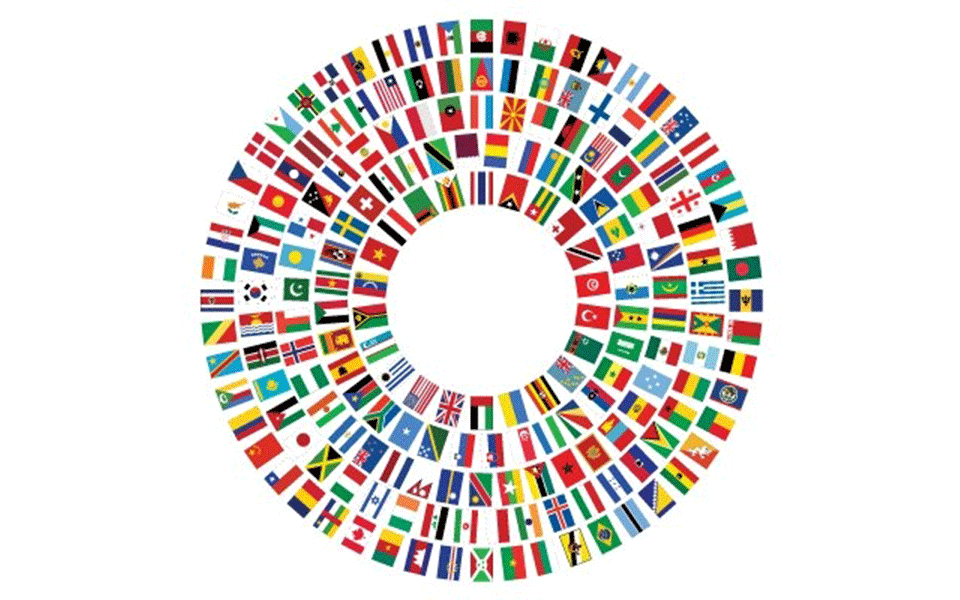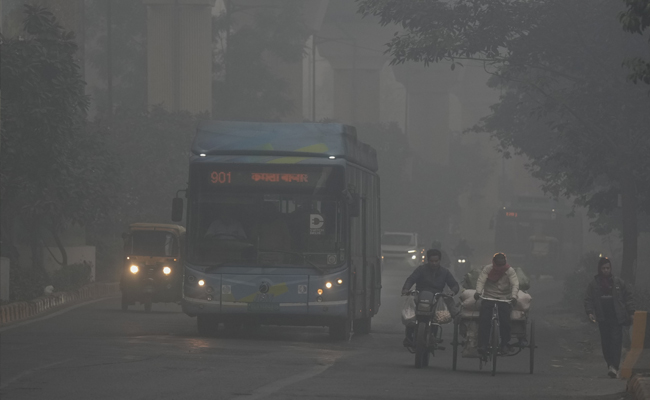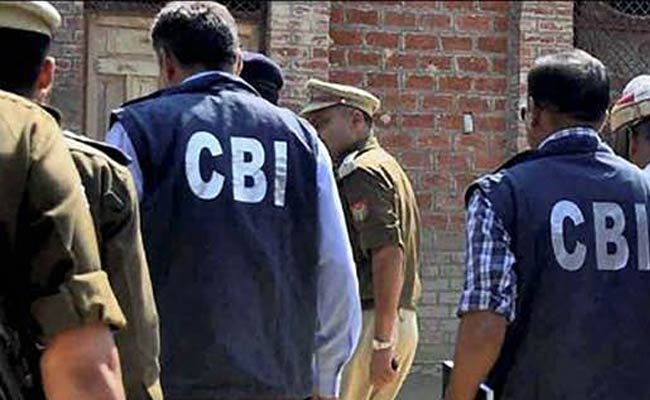Kolkata, Sep 24 : India has the potential to more than triple its trade in goods with its South Asian neighbours to $62 billion against its actual trade of $19 billion, said a World Bank report released here on Monday.
"A Glass Half Full: The Promise of Regional Trade in South Asia" pointed out that intra-regional trade in South Asia falls short of its potential because of significant barriers, including tariff, para-tariff barriers, non-tariff barriers and trust deficit among the countries in the region.
Trade between India and Pakistan is a mere $2 billion -- which could be $37 billion -- without trade barriers, said the report launched in partnership with Cuts International.
The report estimates "India's potential trade in goods with South Asia at $62 billion against its actual trade of $19 billion, which is a mere three per cent of its global trade and about $43 billion below its potential".
According to the report, all the countries in the region stand to gain from increasing trade cooperation.
For India, the deeper regional trade and connectivity could reduce the isolation of Northeast India, give Indian firms better access to markets of South and East Asia and allow it to substitute fossil fuels by cleaner hydro-power from Nepal and Bhutan.
"Given its complicated history, size asymmetries, and a trust deficit, small steps backed by policy persistence is probably the right way to go for South Asia," World Bank's Lead Economist and Lead Author of the report Sanjay Kathuria said.
He said an incremental approach towards deeper trade cooperation could be powerful. The region has already witnessed this in the form of India-Sri Lanka air-services liberalisation and India-Bangladesh border haats (markets).
The border haats, an initiative by the governments of Bangladesh and India aimed at recapturing the once thriving economic and cultural relationships, is now changing cross-border relations and reducing incentives for smuggling, he added.
The report also said countries around the world harness the potential of intra-regional trade to prosper together with their neighbours.
However, while intra-regional trade accounts for 50 per cent of total trade in East Asia and the Pacific and 22 per cent in sub-Saharan Africa, it forms only five per cent of South Asia's total trade.
Despite significant liberalisation in tariff regimes by South Asian countries since the 1980s, average tariffs are still high.
"In 2016, average tariffs in South Asia were 13.6 percent, more than double the world average (6.3 percent) and the highest among major regions of the world despite a regional free trade agreement (SAFTA) that came into force in 2006," the report pointed out.
According to it, each country maintains a long "sensitive" list of products that are exempted from the tariff liberalisation programme.
Almost 35 per cent of the value of intra-regional trade in South Asia is subject to sensitive list tariffs and over 39 percent of India's exports to the region fall under the sensitive lists of various partners, it said.
Also, several countries in the region maintain high para tariffs (that is, duties imposed on imports, but not on domestic production), which have not been included in the tariff preference programmes in free trade agreements.
Let the Truth be known. If you read VB and like VB, please be a VB Supporter and Help us deliver the Truth to one and all.
Khunti (PTI): Six persons have been arrested for allegedly abducting a West Bengal-based businessman and his associate in Jharkhand's Khunti district and demanding a ransom of Rs 10 lakh, police said on Sunday.
The incident occurred on Friday in Tilmi area under the jurisdiction of Jariyagarh police station. Upon receiving information, police rescued both victims, they said.
Torpa Sub-divisional Police Officer Christopher Kerketta said, "We have rescued both the victims and arrested six people for their alleged involvement in the crime."
The businessman, identified as Haru Mukherjee (65), had come to the house of his associate, Vijay Oraon (40), to recruit labourers for work at a brick kiln.
The accused hail from different parts of Khunti, and police also seized a four-wheeler, three motorcycles, and five mobile phones from their possession, the officer said, adding an FIR has also been registered and further investigation is underway.





